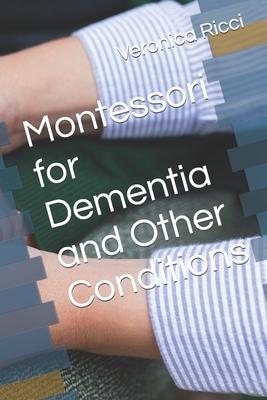The Montessori approach to education, developed by Dr. Maria Montessori in the early 20th century, revolutionized the way we view learning and the potential of every individual. While originally designed for children, the principles and methods of Montessori education have been adapted and found success in various other contexts, including dementia care and other conditions.
The Montessori approach is of utmost importance as part of therapy for individuals with dementia and other conditions. Its person-centered care and individualized approach prioritize the unique needs, strengths, and preferences of each individual, promoting dignity, engagement, and well-being. By recognizing the inherent worth of each individual and tailoring interventions to their specific needs, the Montessori approach provides a foundation for meaningful and fulfilling therapy.
The Montessori approach to education, developed by Dr. Maria Montessori in the early 20th century, revolutionized the way we view learning and the potential of every individual. While originally designed for children, the principles and methods of Montessori education have been adapted and found success in various other contexts, including dementia care and other conditions.
The Montessori approach is of utmost importance as part of therapy for individuals with dementia and other conditions. Its person-centered care and individualized approach prioritize the unique needs, strengths, and preferences of each individual, promoting dignity, engagement, and well-being. By recognizing the inherent worth of each individual and tailoring interventions to their specific needs, the Montessori approach provides a foundation for meaningful and fulfilling therapy.Paperback
$9.99